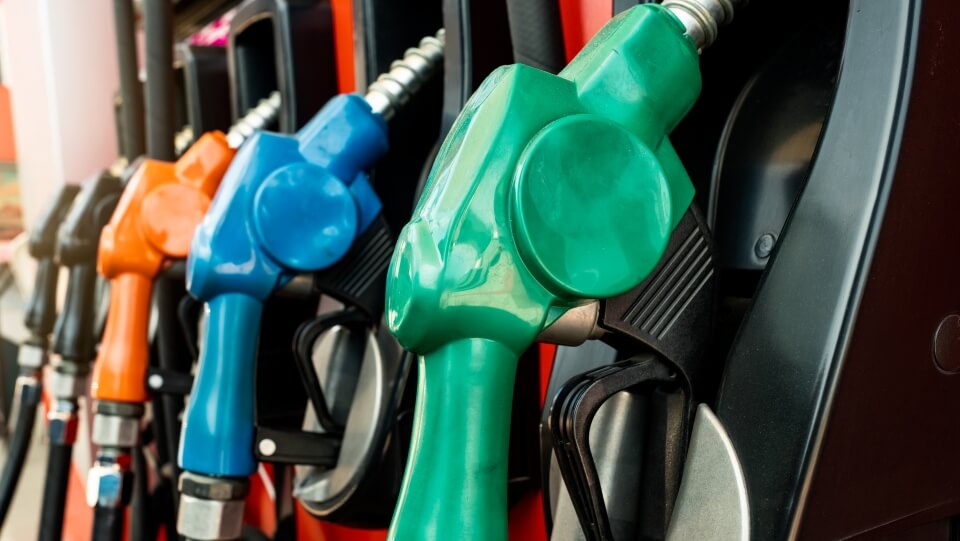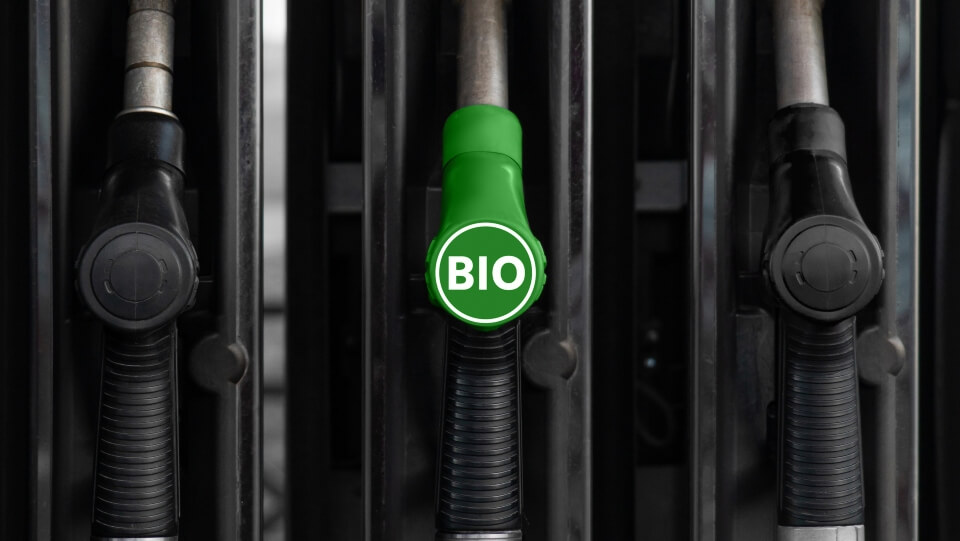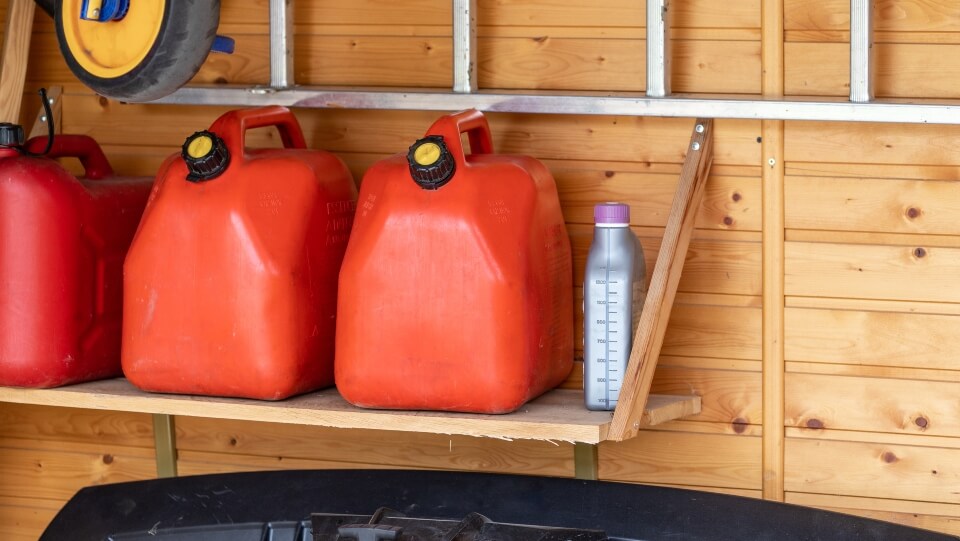Diesel, biodiesel and renewable diesel are three viable alternative fuel sources that you can use for a variety of purposes. They would all make valuable additions to your emergency fuel stockpile, but you need to know the subtle differences between them.
Here’s everything survivalists need to know about the three types of diesel fuel.

1. Diesel
Diesel is a petroleum-based fuel specifically meant for diesel engines and compression ignition systems. It’s the primary fuel for heavy equipment applications such as boats, trains, buses, military vehicles, farming equipment and some light trucks. It burns with great efficiency and provides long-lasting power to these vehicles, making it extremely useful in a SHTF scenario.
Another common application of this fuel is diesel-powered generators. You can find these generators in residential and commercial settings. If you’re looking for an extra generator for your home, a diesel-powered generator is an excellent choice. Now let’s get into the storage requirements.
Storage Requirements
Diesel might not have the same purity as gasoline, but its chemical composition is more stable, so it can last up to a year in storage. You can maximize diesel’s shelf life by using fuel stabilizers, keeping the storage room below 70° Fahrenheit and controlling the humidity level. You also need to use airtight containers
Another important storage practice is to periodically mix diesel, which prevents the development of microbes at the fuel’s water separation line. These microbes look like harmless algae, but they will damage your machinery if you try to use the fuel normally.
Since diesel is one of the most common alternative fuel sources, it should make up a decent chunk of your emergency fuel stockpile. If you’re not sure how much diesel you need, our bugout fuel calculator enables you to estimate your fuel requirements for long journeys with ease.
2. Biodiesel

Biodiesel — also known as fatty acid methyl ester (FAME) — is a blend of diesel and a basic concoction called “biofuel.” Biofuel consists of vegetable oil, lye and methanol. These ingredients undergo a process called esterification, which breaks down the fats and combines with ethanol to create biodiesel.
As long as you have these ingredients, you can make your own biodiesel at home and theoretically have an endless supply. This homemade fuel also produces fewer emissions, causes less air pollution than regular diesel, and is fully biodegradable, so it’s an eco-friendly alternative too. All of these qualities make it an excellent emergency fuel.
Mixing the ingredients can get messy, so you should have some home remedies on hand to remove stains and smells from your clothes. Biodiesel can work with all of the same heavy equipment applications as regular diesel. However, since it has not undergone purification, it might contain particulate matter and other contaminants that negatively affect its efficiency.
As such, biodiesel doesn’t always work on every diesel engine. However, you can quickly solve this problem by adding trace amounts of regular diesel to the mixture. Using them together means you can make both fuel sources last longer. All of these qualities make it an ideal DIY fuel source for survivalists.
Storage Requirements
Biodiesel’s unique ingredients enable it to last in storage for up to two years. However, it also has a higher freezing point than pure diesel, so it might become waxy and unusable in cold weather. Keeping the storage room at slightly below 70 degrees will prevent this problem and keep the fuel in good condition.
You should also store biodiesel separately from other fossil fuels to avoid confusion. Store it in sealed containers with special labels or colors so you don’t confuse it with your pure diesel or gasoline stockpile. Using biodiesel for the wrong applications can do severe damage to your vehicles and equipment.
3. Renewable Diesel
Renewable diesel is another viable alternative to pure diesel. Its main ingredients are fats and oils just like biodiesel, but the production process is more difficult. The main production method is a process called hydrotreating, which involves mixing the fats with hydrogen under elevated heat and pressure.
Commercial production facilities also use methods such as gasification, pyrolysis and hydrothermal processing to create renewable diesel. Unfortunately, you can’t complete any of these processes at home like you can with biodiesel. Unless you have access to such a facility, you need to purchase or find renewable diesel from other sources.
Despite renewable diesel’s limited availability, it’s still a great choice for an emergency fuel source. It meets all of the standard specifications of diesel fuels, so you can use it for all of the same applications. You can use it to fully replace diesel or mix it with your existing supply. Its emissions also reduce carbon intensity by 65% compared to pure diesel.
Storage Requirements

Renewable diesel’s storage requirements are much the same as pure diesel. It needs to be in a moderate environment with low humidity levels and temperatures slightly below 70 degrees. It has a lower freezing point than biodiesel, so you don’t have to worry about cold weather affecting your fuel supply.
You can also safely store renewable diesel with your other fossil fuels because it underwent a full purification process. The fuels won’t negatively react with each other. However, you should still use labeled or color-coded containers to avoid any mix ups you don’t want.
Stock Up on Diesel Fuels
Diesel, biodiesel and renewable diesel might have different production methods and storage requirements, but they all have the same applications with heavy equipment and power generators.
They can be life-saving fuel sources in the event of a gasoline shortage or SHTF scenario. Start stocking up on these diesel fuels as soon as possible.
